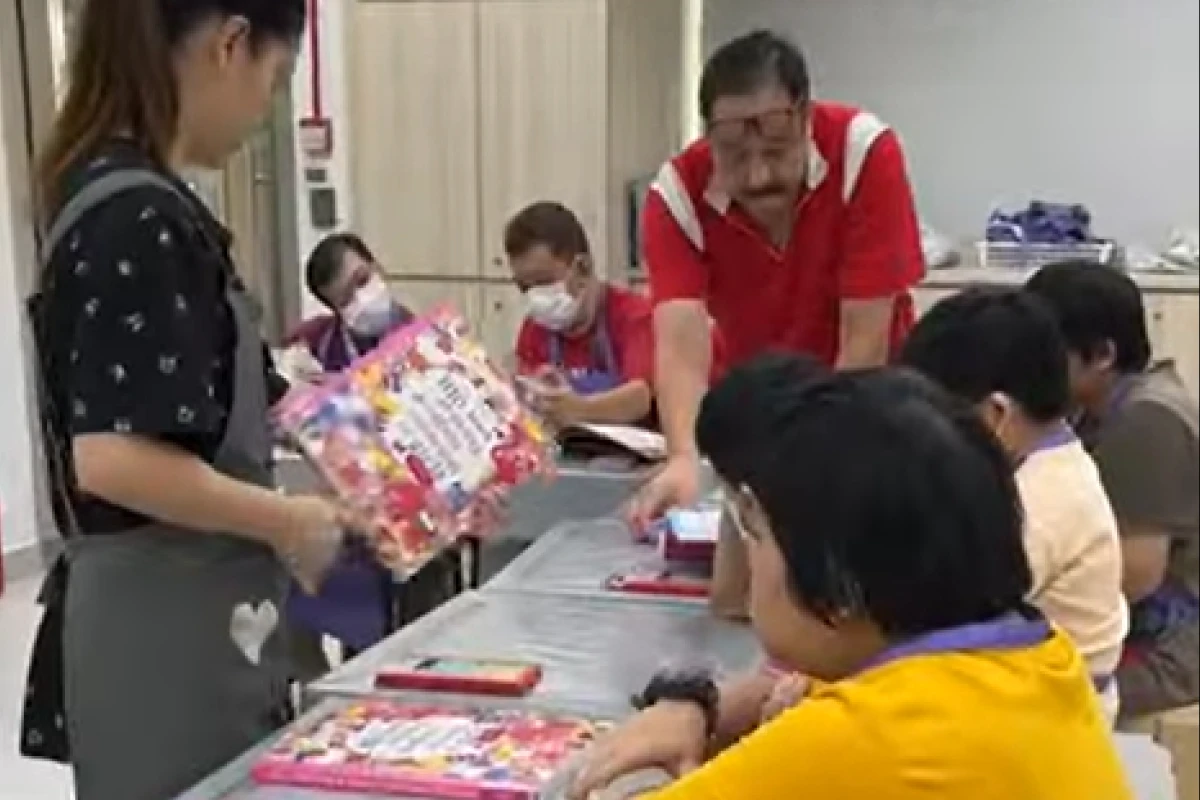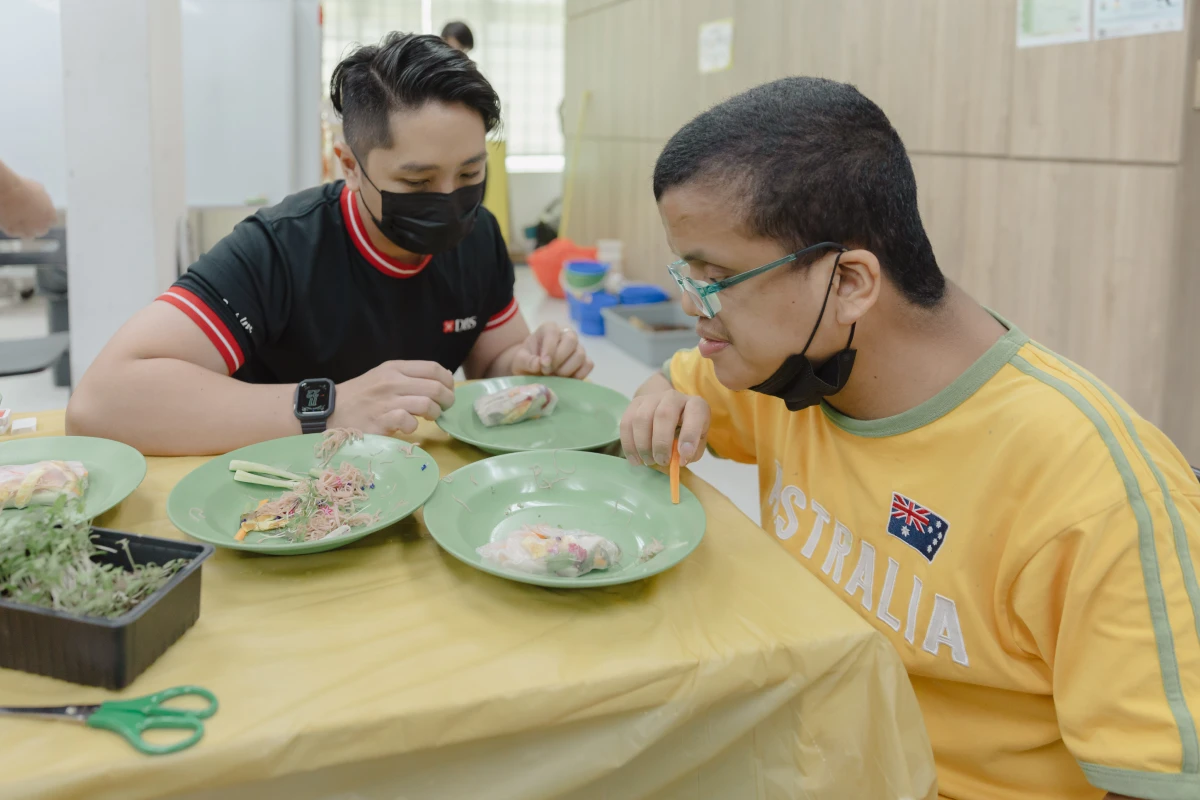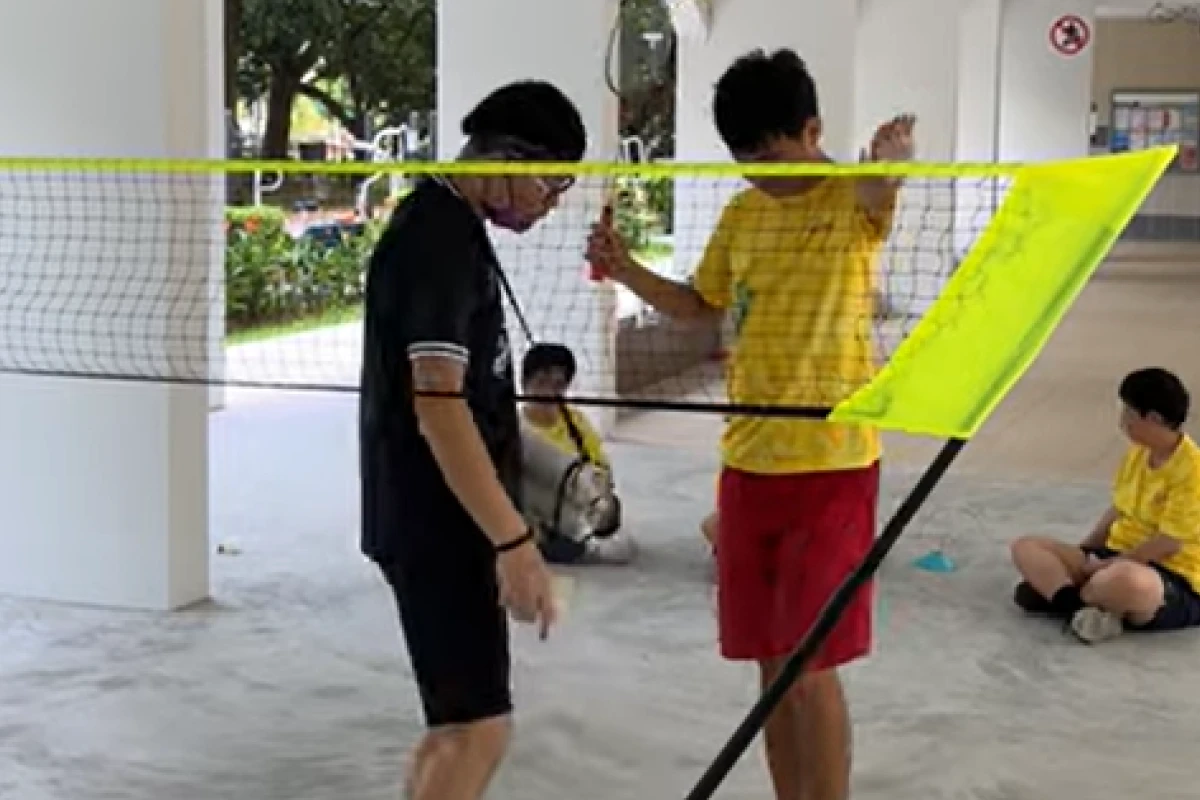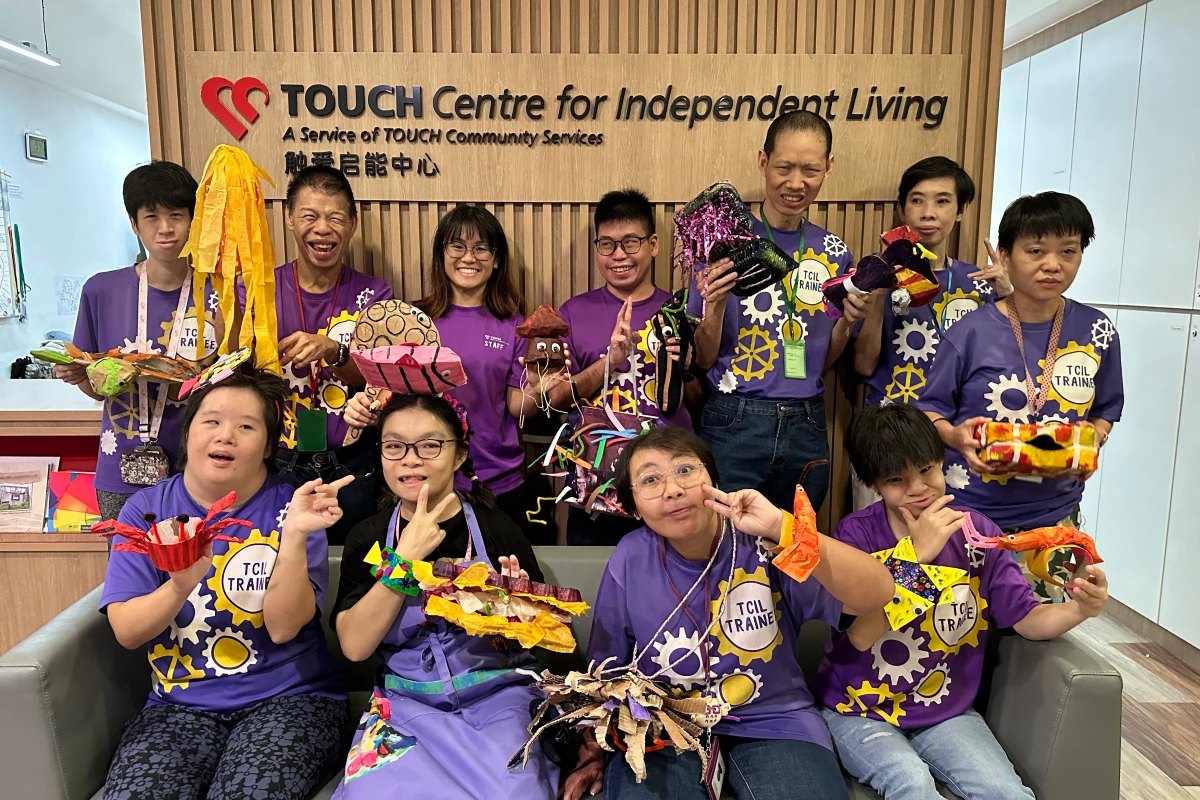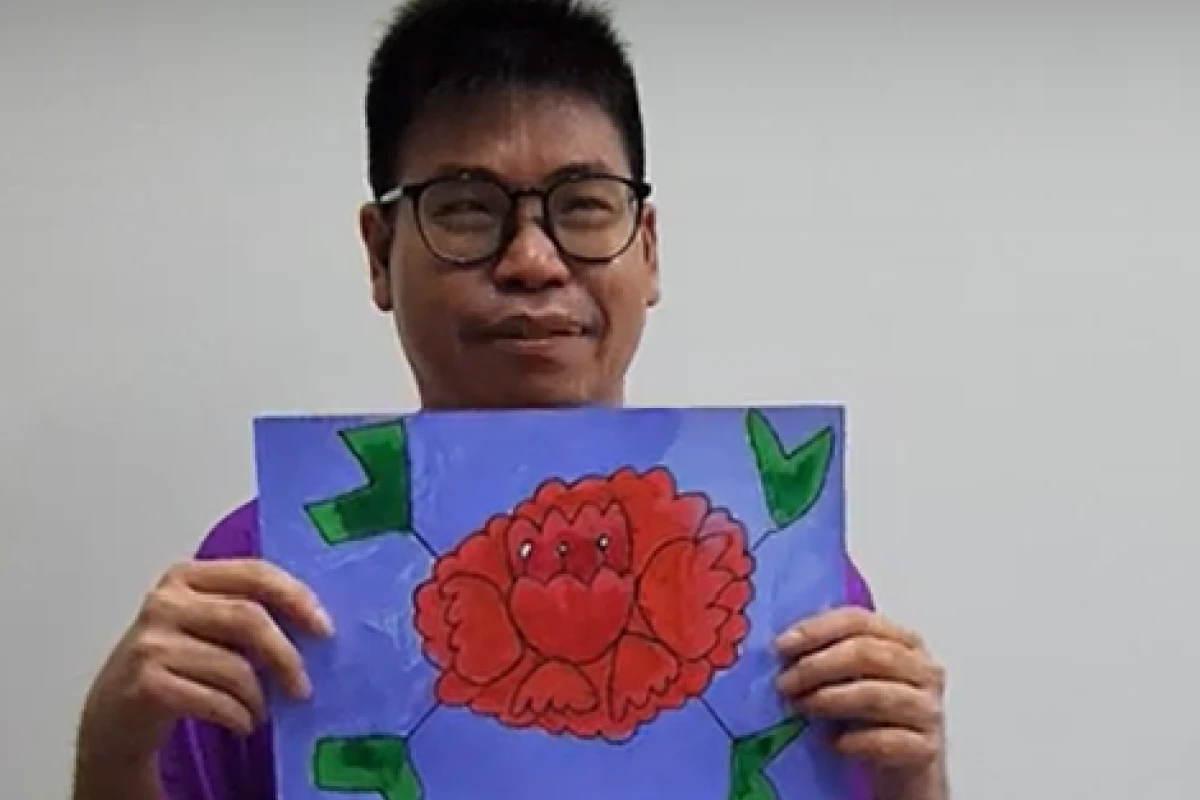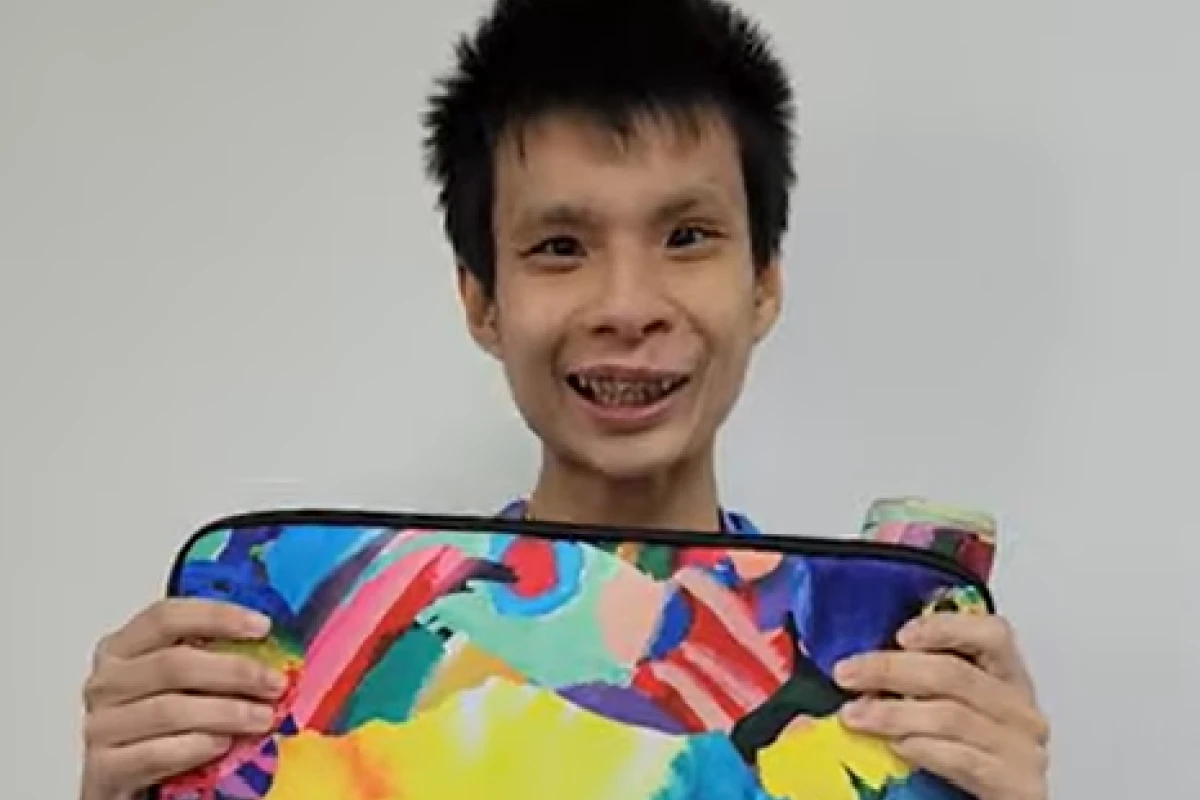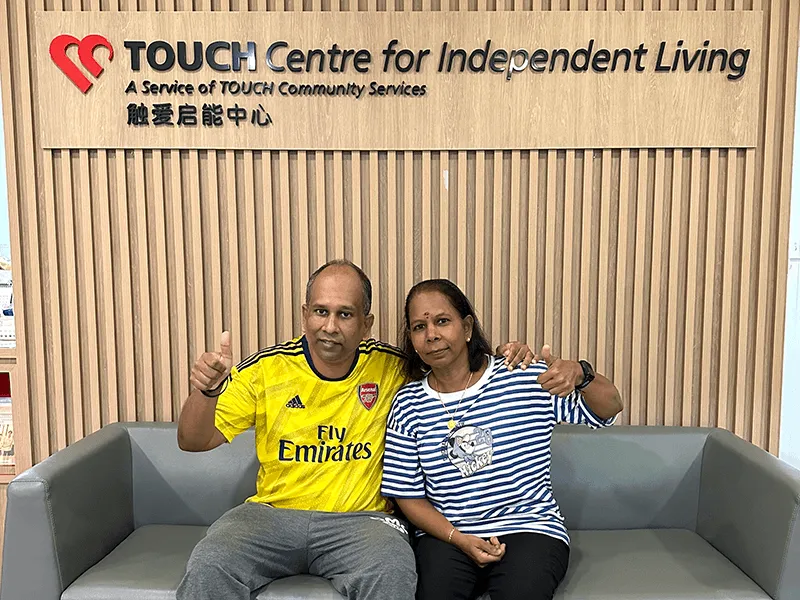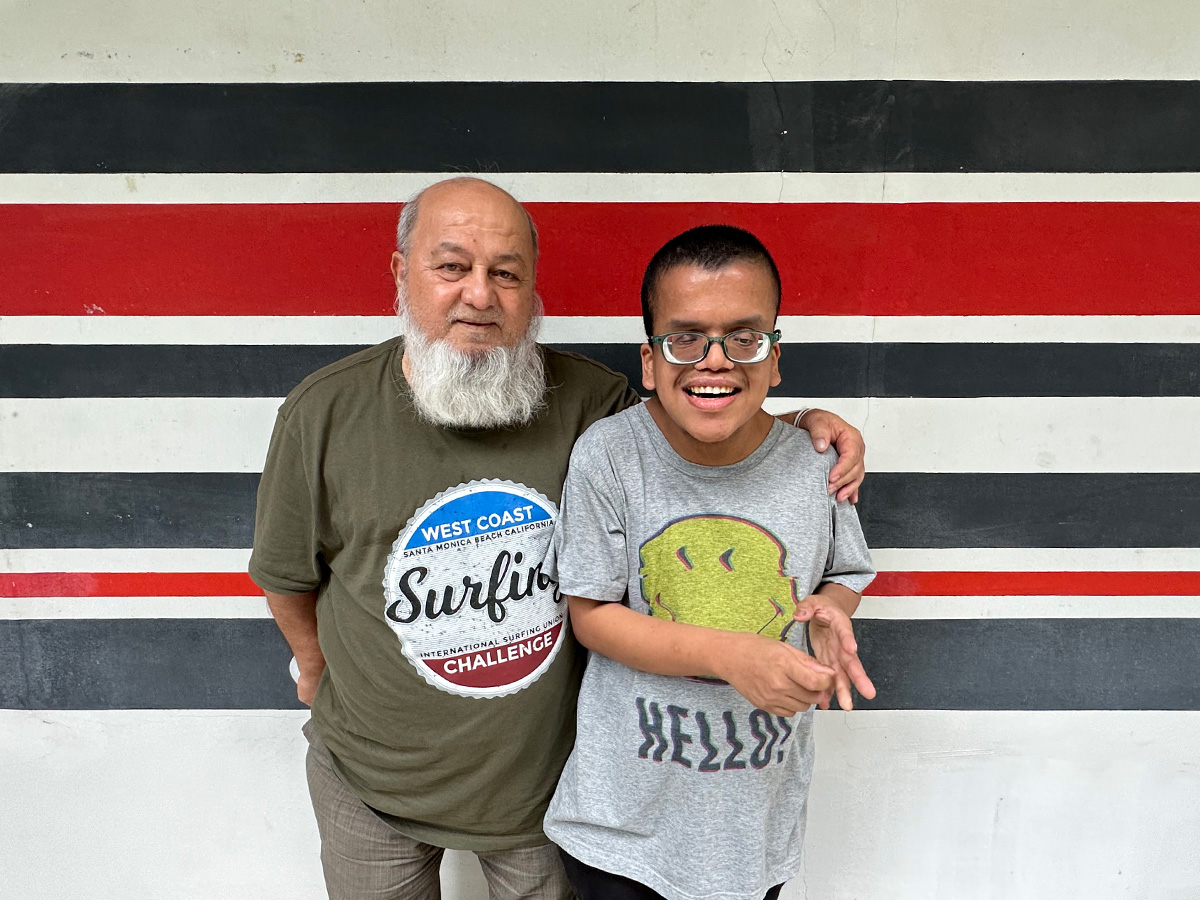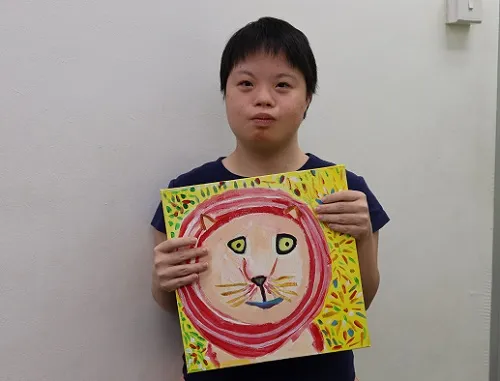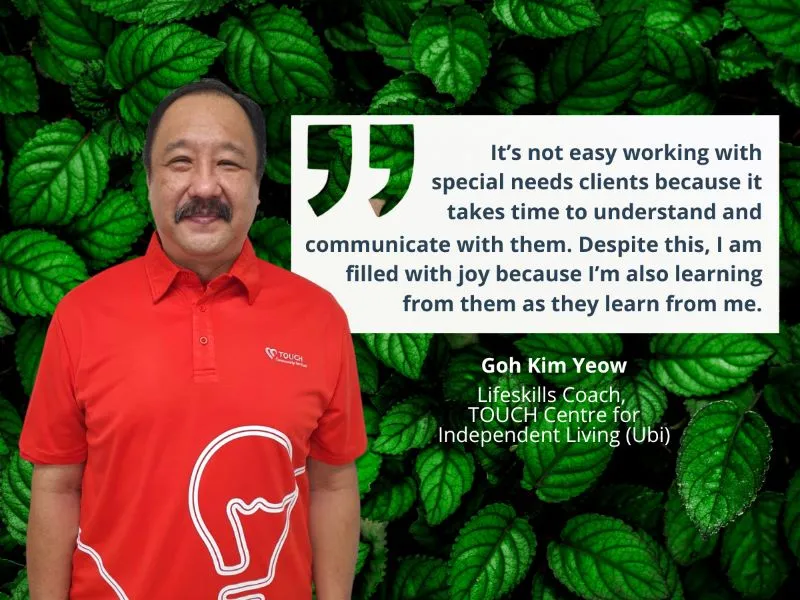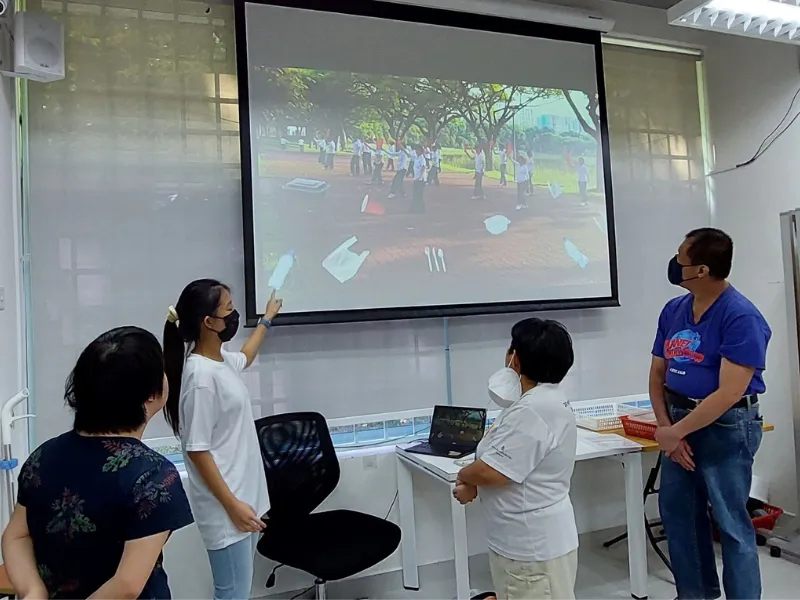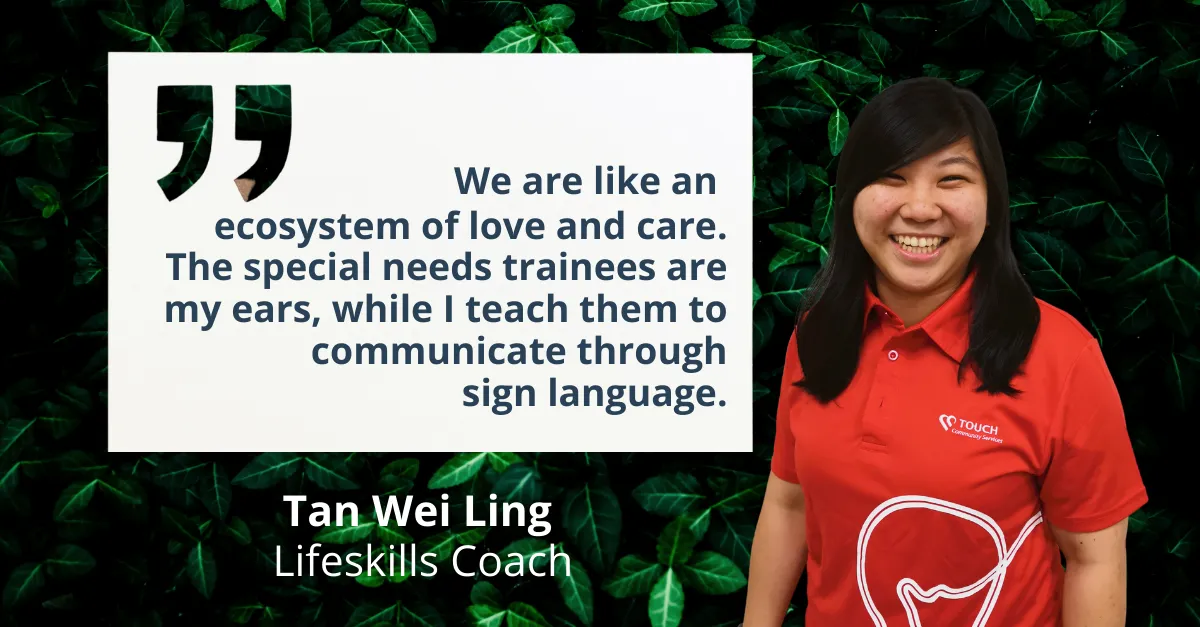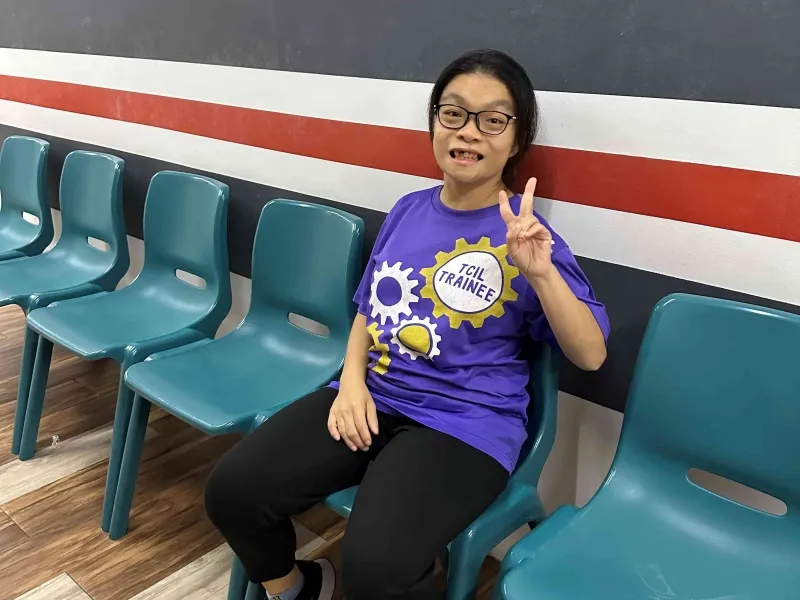TOUCH Centre for Independent Living (TCIL)
Spread across two day activity centres, TCIL offers competency-based training programmes for persons with mild to moderate intellectual disabilities. Our goal is to help them discover their potential, build independence, and lead dignified lives.
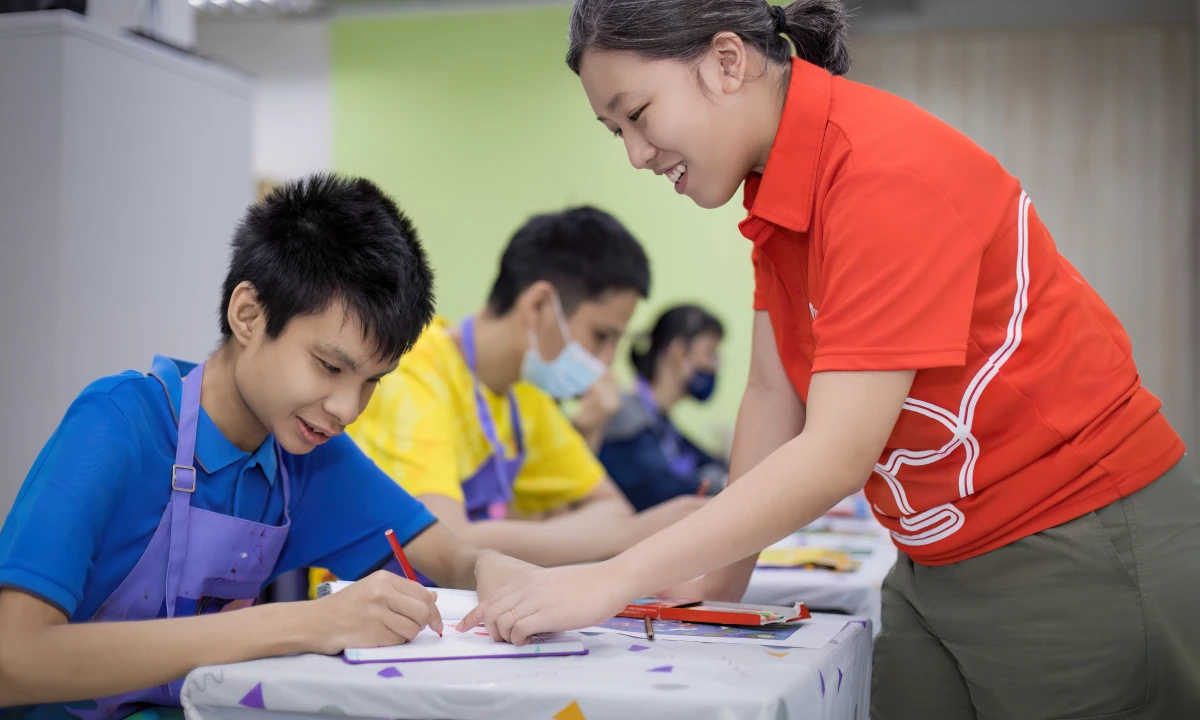
Empowering Persons with Disabilities to Live Independently in the Community
We believe in fostering independence and creating pathways to inclusive community participation for persons with intellectual Disabilities.
Our individual-focused approach ensures that our trainees learn crucial life skills in the areas of:
- Daily living
- Socialisation
- Pre-employment
To truly enhance our trainees’ quality of life, we also ensure holistic development through a wide range of programmes across disciplines.
How We Help
Competency-based Training Programme
We tailor the training plan for every individual to ensure we meet their unique needs. Generally, the programme covers their development in these areas:
- Communal living skills
- Activities of daily living skills
- Personal social skills
Mediated Learning Experience Approach
We recognise that everyone has distinct abilities and learning styles. As such, we prioritise a personalised learning experience for all who engage with this programme.
Through guided interactions and meaningful engagement, we create an environment where trainees can thrive and develop their potential.
Enrichment and Holistic Development
Beyond providing training for functional skills, we believe in enhancing the overall quality of life for our trainees. Our enrichment programmes expose them to visual arts, sports, and recreational activities to not only provide enjoyment, but also foster creativity, physical well-being, and social connections.
Support for Caregivers
We understand the importance of a strong support system. We provide comprehensive support for caregivers, offering resources, guidance, and a community where experiences can be shared. We believe that a collaborative approach ensures the best outcomes for our trainees.
Eligibility Criteria
- Diagnosed with an intellectual disability (mild to moderate)
- Must be able to perform activities of daily living, which include toileting and feeding
- Individuals with a secondary diagnosis of hearing loss are also eligible for services at our day activity centres in Bukit Merah and Ubi
- Able to learn in a group setting
What You Can Expect
Through our programmes, our trainees will be empowered, achieve growth, and form meaningful connections. They can look forward to a future where they’ll thrive, be able to live independently, and seamlessly embed themselves within the community.
Our centres are located in Ubi and Bukit Merah. Training programmes take place from Monday to Friday, 9:00am to 4:30pm.
Programme fees
Fees for TCIL range between $20 to $1,135 per month and are means-tested.
The means test is based on household income per capita or annual value of your residence and will determine the level of subsidy you receive.
Hear from Those We’ve Impacted
Get in Touch with Us
TCIL (Ubi)
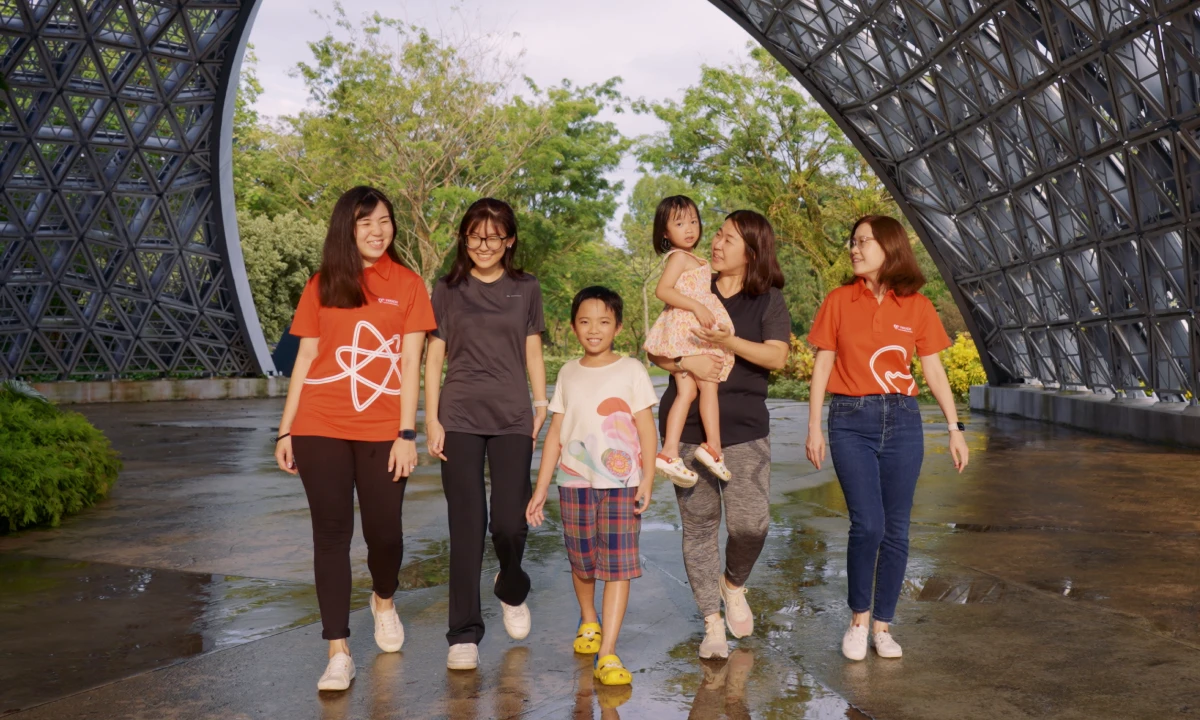
TCIL (Bukit Merah)

Resources Beyond TOUCH
The Enabling Guide
The Enabling Guide is more than just a resource portal. It’s a gateway to a world of possibilities for people with disabilities and their caregivers. Whether you need information on disability support or other specific services, the Enabling Guide is here to help you make the best choices for your needs for every stage of your life.
i’mable
i’mable (pronounced “I’m able”) is a celebration of what people with disabilities can do. It’s a movement that invites you to join us in making a positive difference for disability inclusion – enabling lives and building a united community.
Understanding Persons with Disabilities
Published by the National Council of Social Services, this booklet sheds light on different types of disabilities and the challenges that people with them face in their daily lives. Discover some of the myths and stereotypes that often surround these disabilities and learn how to interact respectfully with individuals who have them.
Learn more
